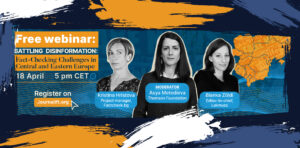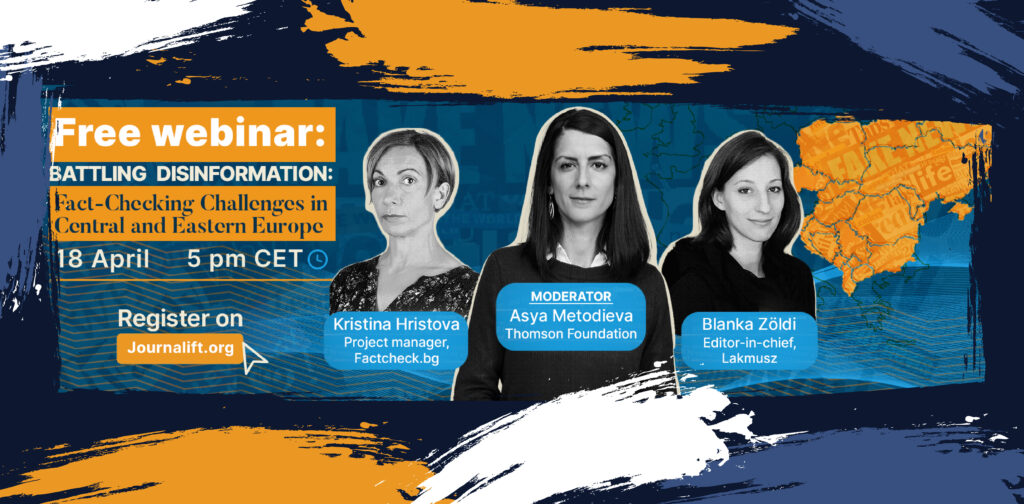Climate change, abuse of green energy practices, as well as earnings of powerful investors from various projects that are detrimental to nature – in addition to allegations of the government turning a blind eye – have had a particularly harmful effect on the environment in Serbia. Farmers are losing the rivers that have enabled them to live life in the countryside, and their survival will also depend on droughts, which are expected to become increasingly common in the future. People living in cities are troubled by polluted air from nearby factories and mines, as well as illegal landfills. The scorching heat in the country has spared no one.
Reports on the environment have become more common and are no longer reserved only for a handful of specialised journalists. However, it seems that despite all this, the media have not taken the importance of this topic seriously enough, leading to its coverage not being as comprehensive as one would hope for. Environmental reporting is not carried out as regularly as is the case with economic issues or everyday politics. Stories abound in complicated terms or are simplified to such an extent that their validity can be called into question. It is also not uncommon for the reporting to lack impartiality or objectivity.
The quality of reporting on environmental issues is also directly affected by the complex circumstances surrounding the Serbian media. Bearing in mind that such stories can lead to powerful people either at the local or state level, local journalists often do not have the support to deal with the consequences of publication while many of the country's largest media are pro-government oriented. Independent media who have the capacity report on these issues seem to have not yet fully realised the importance or potential of environmental protection as a topic.
For this reason, additional education of entire newsrooms is necessary. Editors should be able to recognise the importance of the environment as a topic, and understand that a journalist needs more time to understand the complex terms, intricate processes and legal framework involved. The specialisation of journalists could be a positive decision by newsrooms as it guarantees better reporting, as well as a broader range of sources and interlocutors. This would additionally enable the media to impose topics instead of simply reacting to them when a problem surfaces. It would also be beneficial if there was an environmental aspect to stories covering other topics. Editors should further encourage journalists to attend courses and training on environmental reporting in order to understand the breadth of this topic and the opportunities it provides in a professional sense. In this way, writing about this topic would no longer be perceived as unambitious. Quite the opposite – it would become clear that such stories are about current and pressing political decisions, abuse of funds, accountability, corruption, and – most importantly – the high price that people and the planet are paying as a result.
If you're interested in upgrading your knowledge on reporting on these issues, check out our free courses in environmental journalism.































